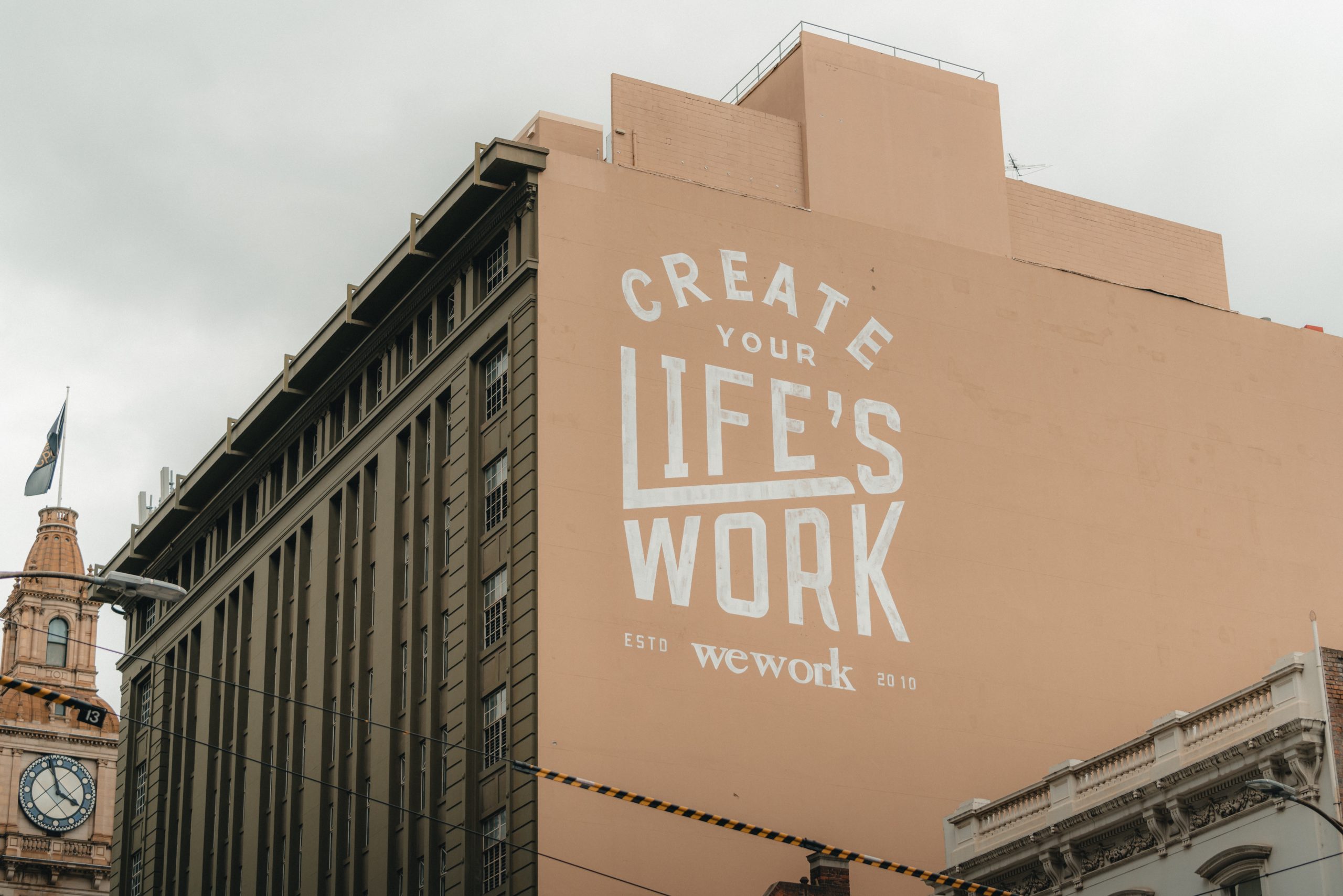
The Dignity of Work
We are what we do
Nearly every child has been asked “What do you want to be when you grow up?” It’s a standard query posed by adults without much thought. At closer look, the question presupposes adulthood as the summa of being, and that being is tied to occupation. Children don’t answer with an adjective: happy or safe or interesting or fun. They answer with a role: doctor, fire fighter, teacher. The stage is set to be what we do and let our jobs define us. In a world that is increasingly automated, that association is fraught and requires a deeper answer to the question.
”We were created with a vocation to work.”
So says the US Council of Catholic Bishops in their treatise on the 5th principle of Catholic Social Teaching. “People have the right to decent and productive work, fair wages, private property and economic initiative. The economy exists to serve people, not the other way around.” Seldom do we consider the work we do in those terms. More often it is a drudge or a chore. Often it is dictated by circumstance rather than choice. Probably two-thirds of our lives are spent in some type of paying occupation. So how do we prevent our jobs from consuming us?
”Work is a search for daily meaning as well as daily bread…”
Studs Terkel illuminates this search in his seminal oevre Working. By interviewing hundreds of people about what they do all day, he shines a light on the vast array of jobs, and the ways people approach them. In our excerpt, we will hear from just five of them: a factory worker, a mail carrier, a waitress, a book binder, and a community organizer. One common denominator among their very different lifestyles is the personal belief that they do their work well and thereby make some kind of contribution to the greater whole. Maybe two of the five feel they have some true calling to the job, but all feel a sense of pride in what they do. Similarly, Walt Whitman’s classic poem I Hear America Singing celebrates the idea of work well done, with various laborers “each singing what belongs to him or her and no one else.”
”Money isn’t the main driver, meaning is.”
That is the hallmark of work rooted in passion. How to find that is elusive, but Corey Frandin’s article Three Striking Signs of a Person’s True Passion gives some direction. One example is noticing the thing you return to again and again that piques your interest and engages you in a meaningful way. Though this outlook seems like a luxury for those who have financial burdens or immediate basic needs to fulfill, the testimony of Terkel’s workers show that the two are not mutually exclusive. Frandin asks “What do you willingly show up for each day?” and each of Terkel’s five interviewees could answer. In the most sublime example of labor and purpose in alignment, the writer and farmer Jack Baumgartner says: “All labor is a commitment to follow through, a line cast straight out into eternity from a single word of God. My work is a diligent response to a distant revelation.”